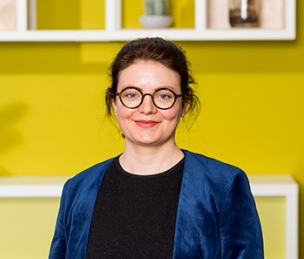Primary tabs
I am a postdoctoral researcher at the Language and Genetics Department, where I also work in close collaboration with the Imaging Genomics Research Group.
I completed my bachelor’s degree in Biology at the University of Regensburg, followed by a master’s degree in molecular neuroscience at the University of Vienna. Here, I worked as a diploma student and later as a research assistant at the ‘Institute of Molecular Pathology’, followed by a second research assistant position at the Medical University (Neurophysiology & Neuropharmacology).
After 5 years in Vienna, I began a Marie Curie PhD Fellowship in ‘Cognitive Neuroscience and Neuroimaging’ at the University of York (UK) as a part of the NextGenVis Innovative Training Network, where I used both structural and functional MRI. The overall aim of my thesis was to detail how congenital vision loss (i.e. Achromatopsia) affects both functional and anatomical properties in early visual cortex to inform novel restorative approaches currently available to this patient population.
My work here at the MPI is related to brain imaging genomics where I make use of large data sets to integrate multimodal neuroimaging with genetic data.
One research focus is human evolution, where I study genetic variants and how they might have influenced the evolutionary history of human brain shape and morphology as well as language-related traits. More information about this line of research can be found on human evolution project page.
Another collaborative project will make use of a novel ‘Toolbox for the Automated Segmentation of Heschl’s gyrus’ (TASH), which will be applied to several larger datasets of hundreds and thousands of people.
I am also part of the core team in the recently initialized genome wide meta-analysis of diffusion weighted imaging phenotypes under the umbrella of the ENIGMA (Enhancing Neuro-Imaging Genetics through Meta-Analysis) consortium. More information about ENIGMA consortium and their various projects can be found here.

Share this page